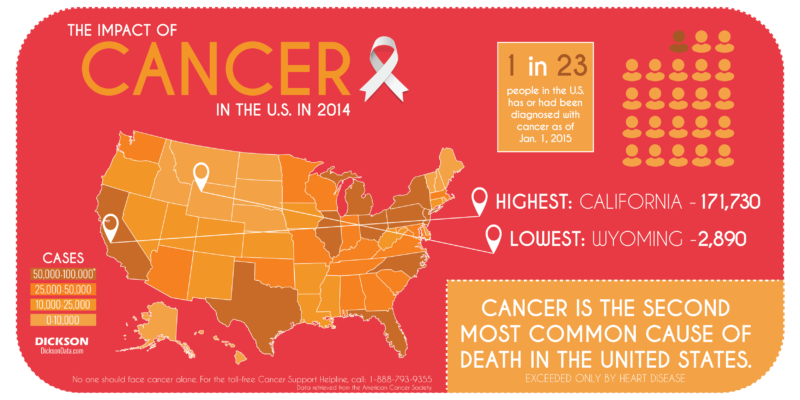In a capitalistic country we often think of value monetarily. How much do you make? How much is your house worth? How large is your 401K?
However, there’s another definition of the word that we as Americans often forget to consider. It’s not about how much something costs, but rather about measuring the value that something holds to an individual. According to the UK’s Independent, the US values “life satisfaction” above all else.
Everything that exists has a distinct value but how it’s valued varies depending upon the person. There is one thing however that should have paramount value to all others: The value of human life. It is the single thing that we should all strive to maintain and better for all of society. Some days, the things we see on the news makes it harder to remember that than others. No matter how difficult things may get, there is always someone out there working for the greater good
Researchers at Johannes Gutenberg University in Mainz, Germany are one such group of people. Together, they’ve been working on a new vaccine to fight cancer. After seeing impressive results in an experiment on mice, they have initiated a limited safety human trial.
If it works as intended, this “Universal Cancer Vaccine” would be able to trigger the human body’s built-in defenses to kill cancerous cells. While most vaccines, according to LiveScience, “work as a training course for your body in order to prevent disease”, this vaccine would be used specifically to cure it. Below is an excerpt from an article published by BGR.com.
Unlike other vaccines that are supposed to prevent a certain disease, the cancer vaccine would only be administered to cancer patients. Each vaccine therapy would actually be a customized treatment, Science Alert reports, as it would use pieces of RNA extracted from the patient’s cancer cells to trigger a reaction from his or her immune system.
The article goes on to quote the doctors who authored the study.
“[Such] vaccines are fast and inexpensive to produce, and virtually any tumor antigen can be encoded by RNA. Thus, the nanoparticulate RNA immunotherapy approach introduced here may be regarded as a universally applicable novel vaccine class for cancer immunotherapy.”
Science Alert does a good job describing just what that means.
(The vaccine) basically works by shooting tiny 'darts' containing pieces of RNA extracted from the patient's cancer cells at the body's own immune system, convincing them to launch an all-out attack on any tumours they come across.
During the team’s tests, the mice proved that immune systems are able to aggressively attack cancer when given the proper stimuli to do so. Based on those results, they proceeded to a limited human trial involving three patients with melanoma. The point was to understand the potential harm such a drug could have in humans, but so far the results are promising. The side effects have involved things like flu-like symptoms, which would be a welcome to change from the kinds of side effects that come with chemotherapy treatments and radiation.
The number of people that such an advancement could affect is staggering. Nearly 600,000 Americans lost their lives to cancer in 2014, while 1.6 million more were diagnosed.

It’s an epidemic, and it isn’t going away. If we focus our time on valuing life more than any other thing, if we work together to protect it and nourish it, such numbers can be curbed. If these doctors continue to work toward the greater good then maybe, just maybe, we can eliminate them all together. There would be few things on Earth that would be more valuable than that.
